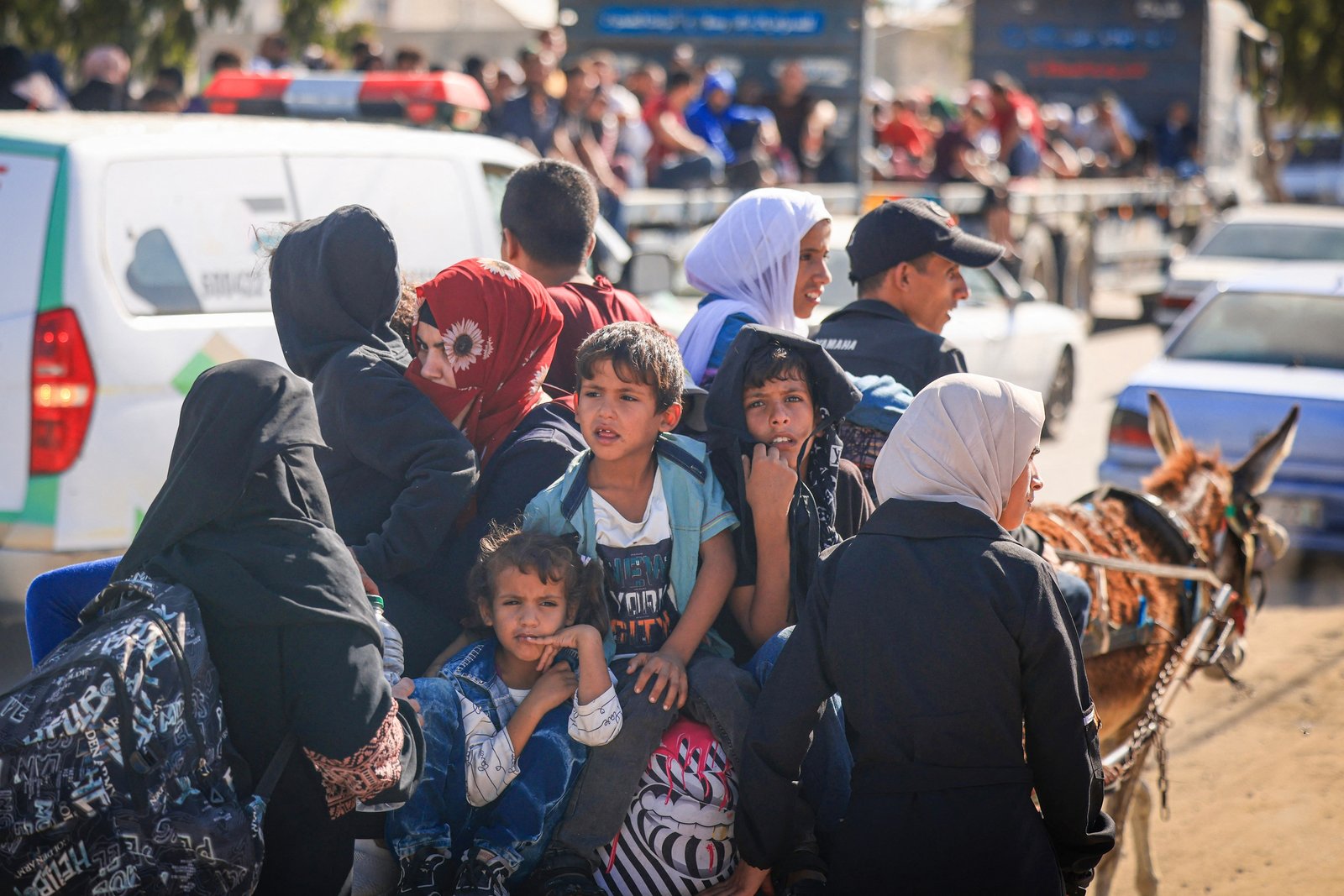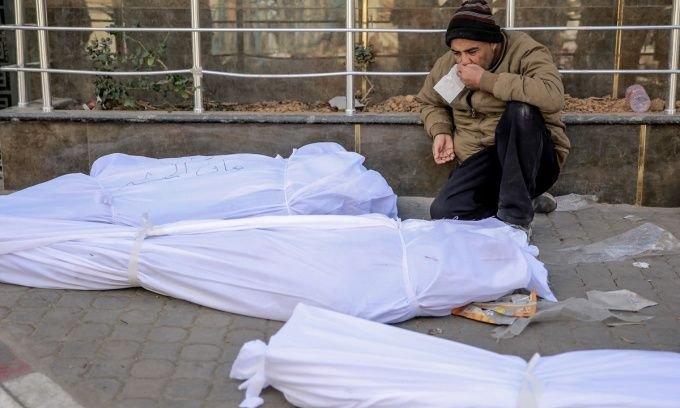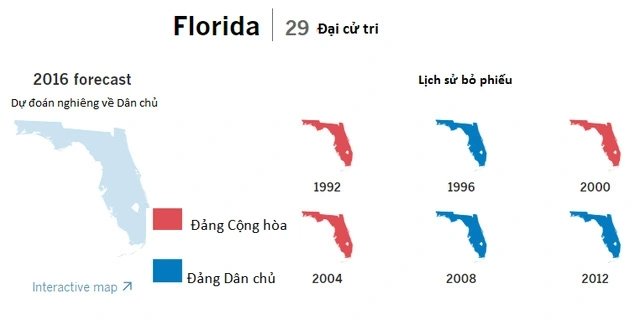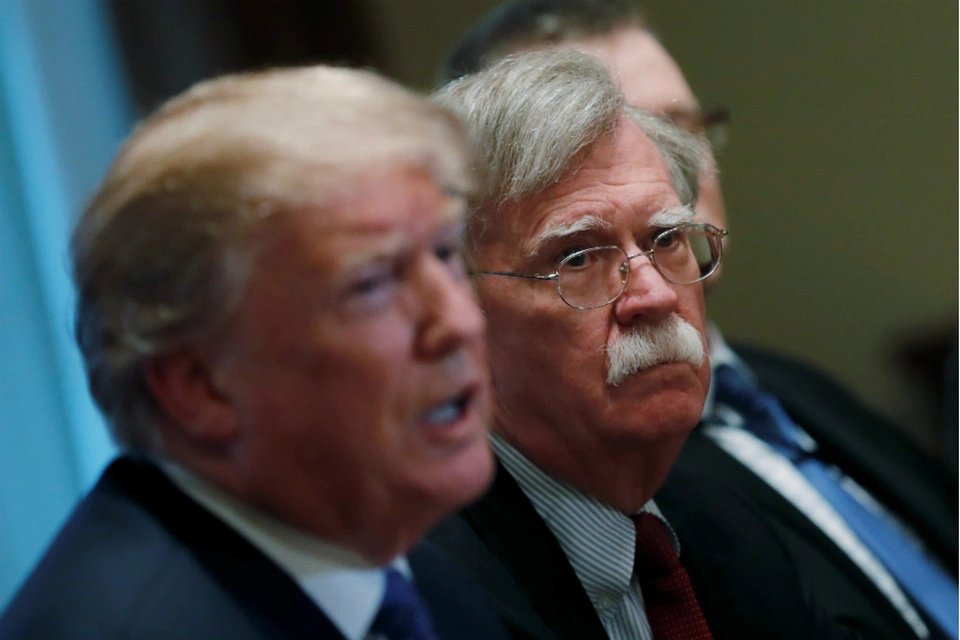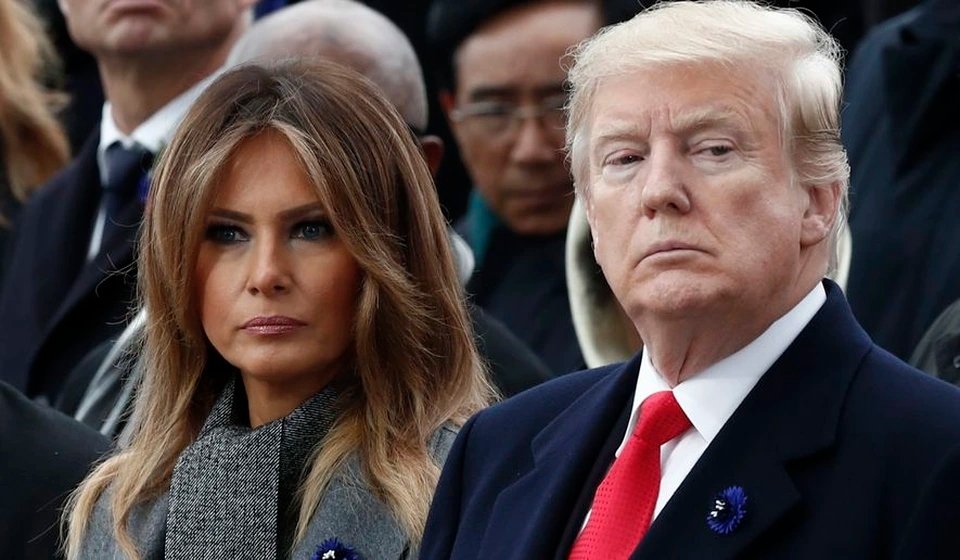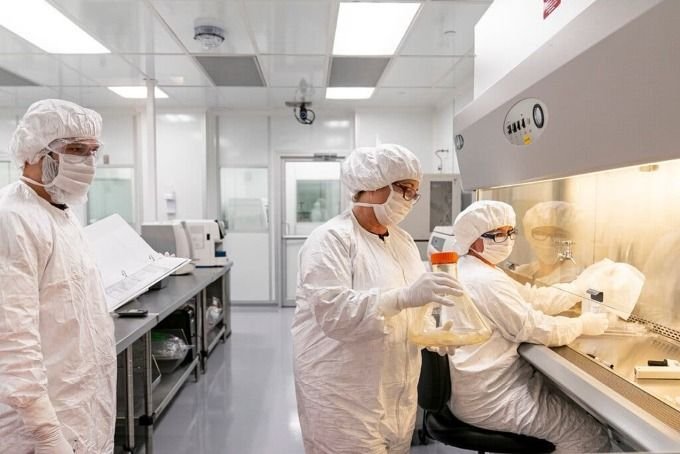
Researchers are responding to Omicron more urgently than any previous nCoV strain.
South African doctors on November 23 began to suspect a new variant, after President of the South African Medical Association (SAMA) Angelique Coetzee noted unusual symptoms in some Covid-19 patients.
Dr. Coetzee said at that time that a series of Covid-19 patients came to her private clinic in the capital Pretoria with extreme fatigue, but no one had lost their sense of smell or taste.
Scientists work at Pfizer’s pharmaceutical research and development facility in Chesterfield, Missouri, USA.
Within 36 hours, researchers collected and analyzed samples from 100 infected people, then immediately alerted the World Health Organization (WHO), according to geneticist Tulio de Oliveira of the School of Medicine.
One hour after issuing the first warning to the world medical community, South African experts began testing the effectiveness of the vaccine with Omicron.
They are all rushing to review data from recent nCoV cases, screen new passengers entering the country and sequence new mutated genes to calculate how far it has spread.
`Many countries and pharmaceutical companies are investigating the new strain. I believe we will soon understand more about it,` Belgian virologist Marc Van Ranst of the Catholic University of Leuven shared on November 28.
Van Ranst thinks the fastest studies could be published in the next week or two.
`Omicron has not yet reached the elderly population. We need to wait and see the symptoms when this happens,` he said.

Inside the laboratory where the Omicron mutation was discovered
Inside the laboratory that discovered the Omicron strain in South Africa.
According to experts, a global effort to clarify the question of whether vaccines are less effective against new strains will help reduce information and anti-epidemic policy chaos in the past few days around the world.
While waiting for more information about Omicron, many countries quickly imposed precautionary measures such as continuing to issue mask wearing regulations, restricting travel and closing borders as a way to `buy time`.
United Nations Secretary General Antonio Guterres on November 30 expressed deep concern about travel restrictions, calling on governments to consider alternative measures, including multiple testing to `avoid
Penny Moore, a virologist at the South African National Institute of Infectious Diseases, said her research team is moving fastest in the race to decipher the level of protection of Covid-19 vaccines against new strains.
She and her team collected blood samples from people who were immune to nCoV and prepared experiments with an artificial version of Omicron.

International passengers tested for Covid-19 at Johannesburg airport, South Africa on November 27 before boarding the plane.
Moore said that in the past week the group has received about 50 collaboration proposals from colleagues around the world, looking to accelerate the global effort to learn about Omicron.
She reiterated the lessons from the Beta strain, also first discovered by South Africa.
Alex Sigal, a virologist at the African Health Research Institute, chose a different approach: He and his colleagues `cultured` live viruses.
Sigal admits the team’s method takes more time, but promises to provide a more complete picture of the vaccine’s effectiveness against new strains.
However, experts also point out that the tools needed to `decode` Omicron are currently mainly concentrated in rich countries, meaning the virus in many poorer areas of the world is not closely monitored.
`We are flying blind in many other parts of the world, including areas where vaccination rates are very low,` said Peter Bogner, founder of Gisaid, a system that helps promote data sharing on nCoV.

